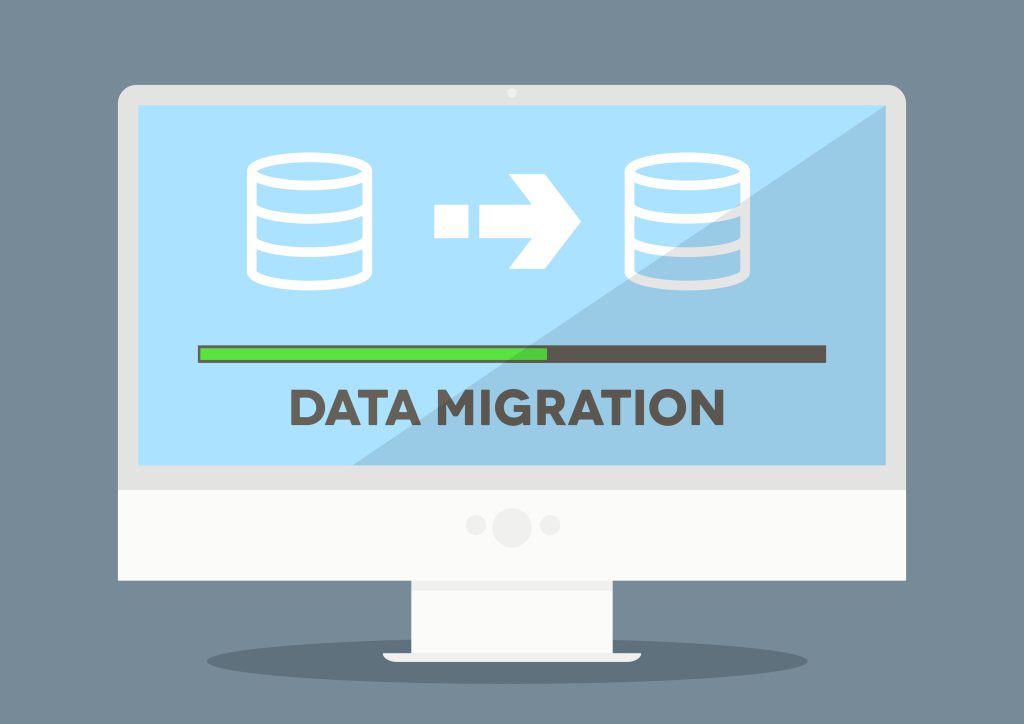Why PGDM in Business Analytics is the Future
What is PGDM in Business Analytics?
PGDM in Business Analytics is a postgraduate diploma program that helps students understand the concepts, and techniques used in the field of business analytics.
It aims to equip students with the necessary skills and knowledge to extract valuable insights from large datasets and use them to make informed business decisions.
The program focuses on data analysis, data modeling, and data-driven decision-making processes.
It is designed to employ students in various industries and sectors, including finance, healthcare, retail, e-commerce, and more.
The Current Demand for Business Analytics
The demand for business analytics has been steadily increasing over the past few years. This is primarily due to the growing use of data in business and the need for professionals who can make sense of it. So there is a need for Business analysts in the job market, and a PGDM in Business Analytics will be a very beneficial degree.
Advantages of Pursuing PGDM in Business Analytics
Due to the growing market, there are several benefits of pursuing this course. Here are some of them:
The program equips students with a diverse set of skills in data analysis, data modeling, statistical analysis, machine learning, and data visualization.
Pursuing a PGDM in Business Analytics can help students secure a job with a competitive salary and long-term job security, as the demand is growing for the role.
Graduates with a PGDM in Business Analytics are in high demand and can expect a competitive salary and excellent career growth prospects.
The skills and knowledge acquired during a PGDM in Business Analytics can be applied to various industries and job roles.
The future scope of this course is very bright as data continues to play a critical role in business decision-making. A PGDM in Business Analytics graduate can enter various job roles, that includes:
Business Analyst: A Business Analyst identifies and analyses business problems and opportunities, gathering requirements from stakeholders, and developing solutions to improve business operations.
Analytics Manager: An Analytics manager is in charge of leading a group of data scientists and analysts, supervising the analytics procedure, and ensuring that results are in line with organisational goals.
Marketing Analyst: A Marketing Analyst is responsible for analyzing market trends, customer behavior, and marketing campaigns to provide insights that inform marketing strategy and tactics.
Data Scientist: A data scientist is in charge of developing and putting into use complex algorithms and models to analyse data, interpret it, and produce results that guide business choices.




Comments
Post a Comment